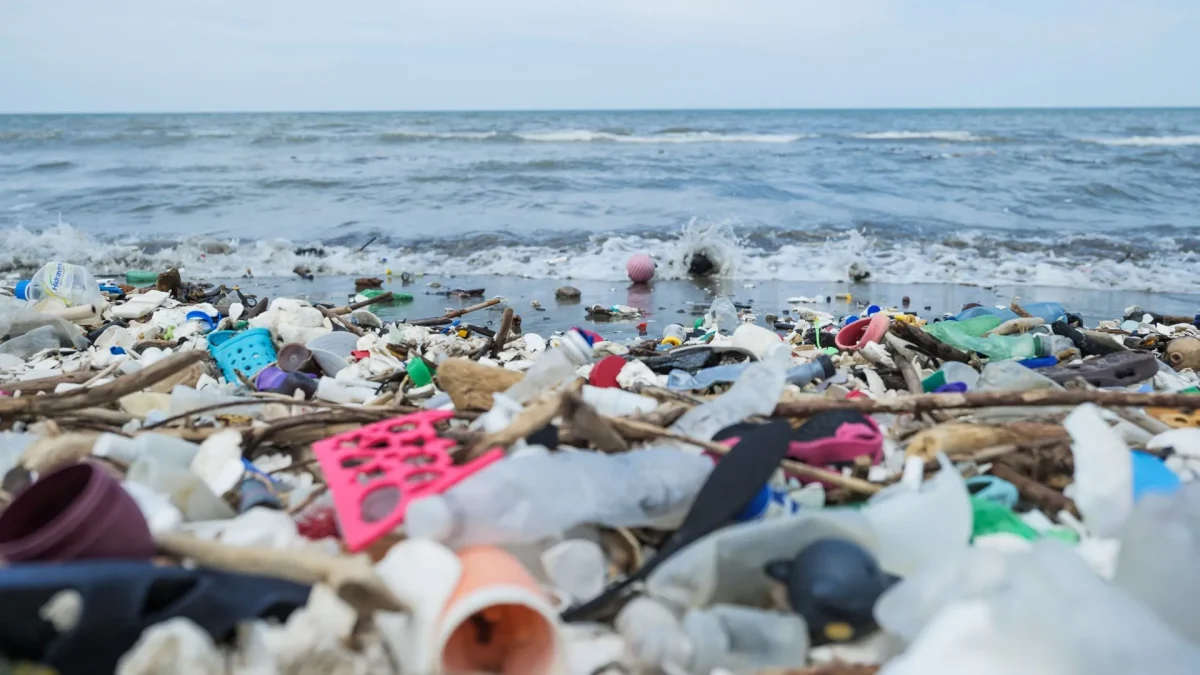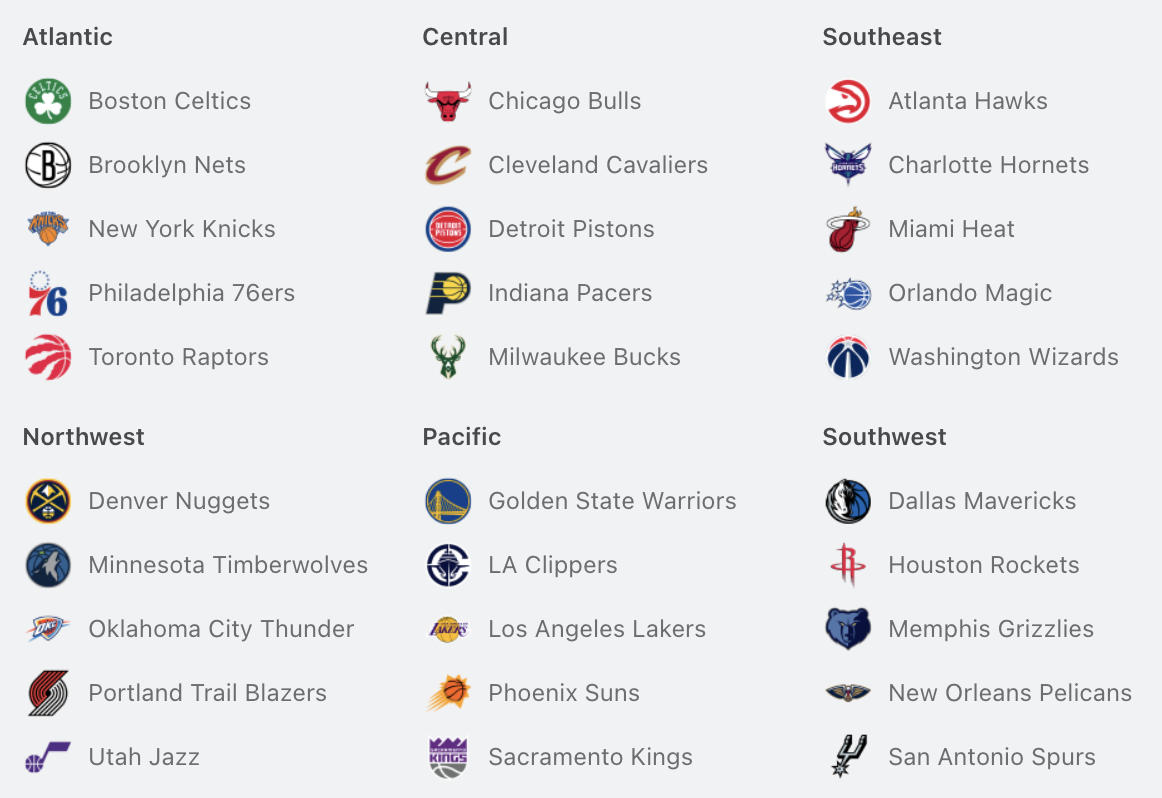There are trillions of pieces of plastics in the ocean, and marine animals are affected by it. So are humans.
I did not know about plastic problems until I took a biology class at Central Connecticut State University. The International Union for Conservation of Nature issues brief “Marine plastic pollution” says that at least 14 million tons of plastic end up in the ocean every year. “Plastic debris is currently the most abundant type of litter in the ocean, making up 80% of all marine debris found from surface waters to deep-sea sediments,” the IUCN says.
It said that “the most visible impacts of plastic debris are the ingestion, suffocation, and entanglement of hundreds of marine species. Marine wildlife such as seabirds, whales, fish, and turtles mistake plastic waste for prey; most then die of starvation as their stomachs become filled with plastic. They also suffer from lacerations, infections, reduced ability to swim, and internal injuries.”
As the Center for Biological Diversity said in the article “Ocean Plastics Pollution”: “Fish in the North Pacific ingest 12,000 to 24,000 tons of plastic each year, which can cause intestinal injury and death and transfers plastic up the food chain to bigger fish, marine mammals and human seafood eaters. A recent study found that a quarter of fish at markets in California contained plastic in their guts, mostly in the form of plastic microfibers.”
Also, “sea turtles can mistake floating plastic garbage for food. They can choke, sustain internal injury, and die — or starve by thinking they are full of eating plastic,” says the CBD.
It is tragic to see our ecosystem is dying because of plastic. We are killing our own natural resources: our ocean fish, turtles, birds, and other animals. If they die off, the world will lose an essential food supply.
These are the reasons we should recycle our plastics.
The article “21 Everyday Products Made from Recycled Plastic” in TheRoundup.org says that we should recycle toothbrushes, not just throw them away. We should use reusable grocery bags. We should use cups, plates and dinnerware made from reusable plastics. There are even yoga mats made from recycled plastic.
This is everyone’s responsibility — to keep our ecosystem clean and plastic free.
Crystle P. Adhikary of Manchester is a junior majoring in communication.



